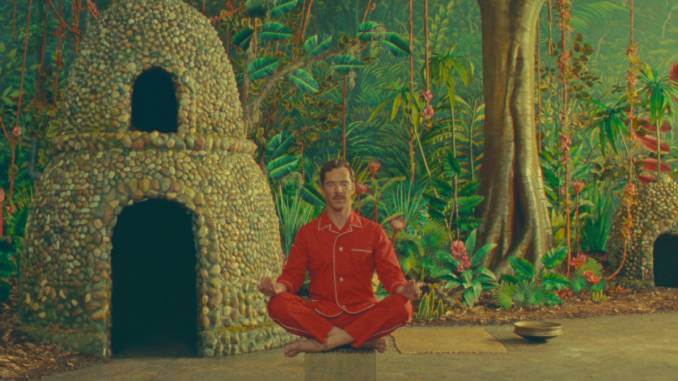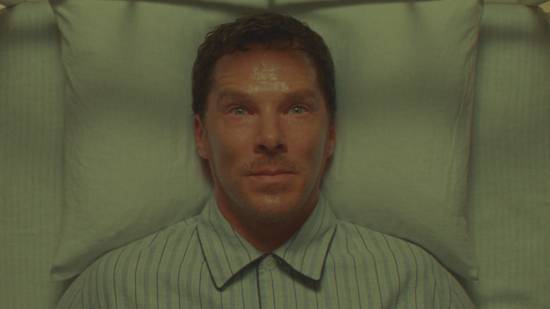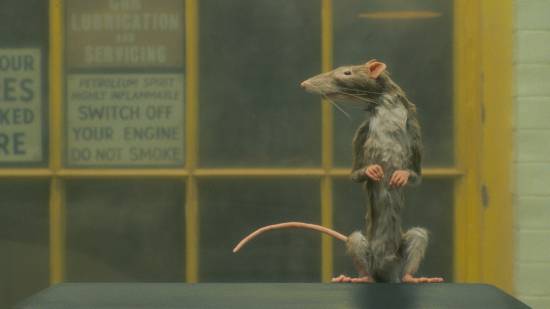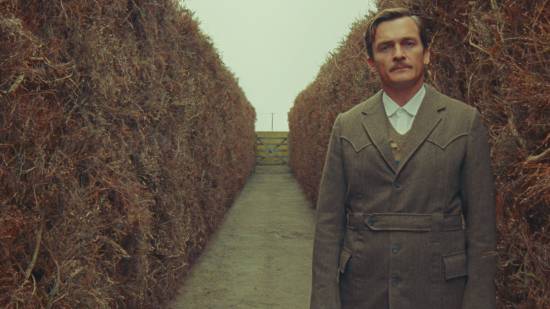Wes Anderson’s Netflix Shorts, Ranked

From an endearing TikTok trend to the dreadful AI parodies that have inundated social media over the past few months, it seems the general public had embraced 2023 as the year of Wes Anderson before his newest feature film, the magnificent Asteroid City, even hit theaters. Known for his penchant for pastels, symmetry and the use of deadpan comedy courtesy of his frequent acting collaborators, the director’s style has become instantly recognizable. As ubiquitous as he is, most discussions of Anderson’s work still come short of acknowledging its startling humanism, which tends to go unnoticed under the veneer of his quirky tone and visuals. From the dysfunctional family in The Royal Tenenbaums to the morbid young protagonists of Moonrise Kingdom, many of his films deal with themes like affliction and the loss of innocence. Asteroid City is no exception, as our very own Movies Editor, Jacob Oller, wrote earlier this year. Anderson’s newest collaboration with Netflix, which sees him adapt four stories by British author Roald Dahl into shorts, is proof of the same.
Equally consistent is Anderson’s love for the process, with many of his films acting as tributes to storytelling in all its forms. The Grand Budapest Hotel tells a story-within-a-story-within-a-story-within-a-story, something Asteroid City also does, across multiple media channels including television and theatre. Prior to that, 2021’s polarizing The French Dispatch was a touching anthology watching the staff at a publication modeled after The New Yorker reminiscing on the process of writing their favorite features.
The Netflix shorts are a delightful continuation of this trend, each installment both indulging in and interrogating the aforementioned media, staging each film like a play (complete with diegetic narration of the events taking place), while also being self-conscious of their status as adaptations of Dahl’s written work. Although they vary in quality and content, all four act as worthy tributes to the late author, as well as fascinating entries into Anderson’s own canon.
Read on to see our ranking of Wes Anderson’s Netflix shorts, as well as an assessment of each:
-

-

-

-

-

-

-

-

-

-

-

-

-

-

-

-

-

-

-

-

-

-

-

-

-

-

-

-

-

-

-

-

-

-

-

-

-

-

-

-











































